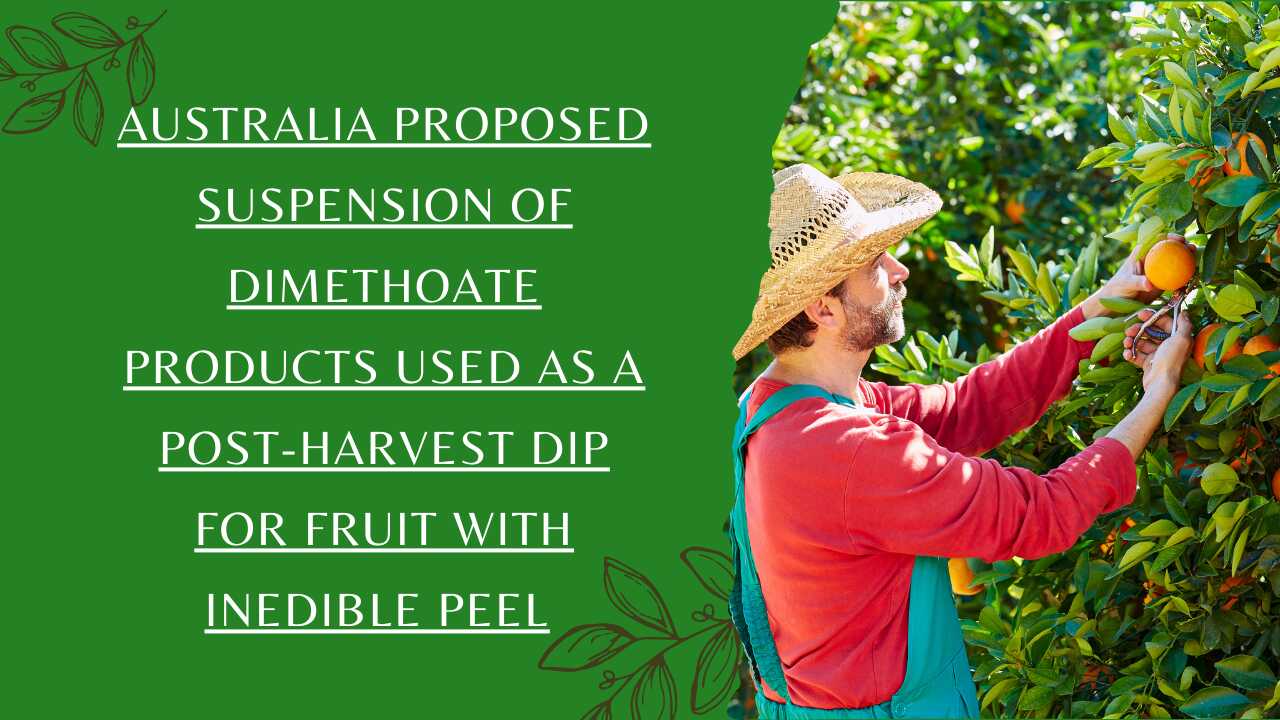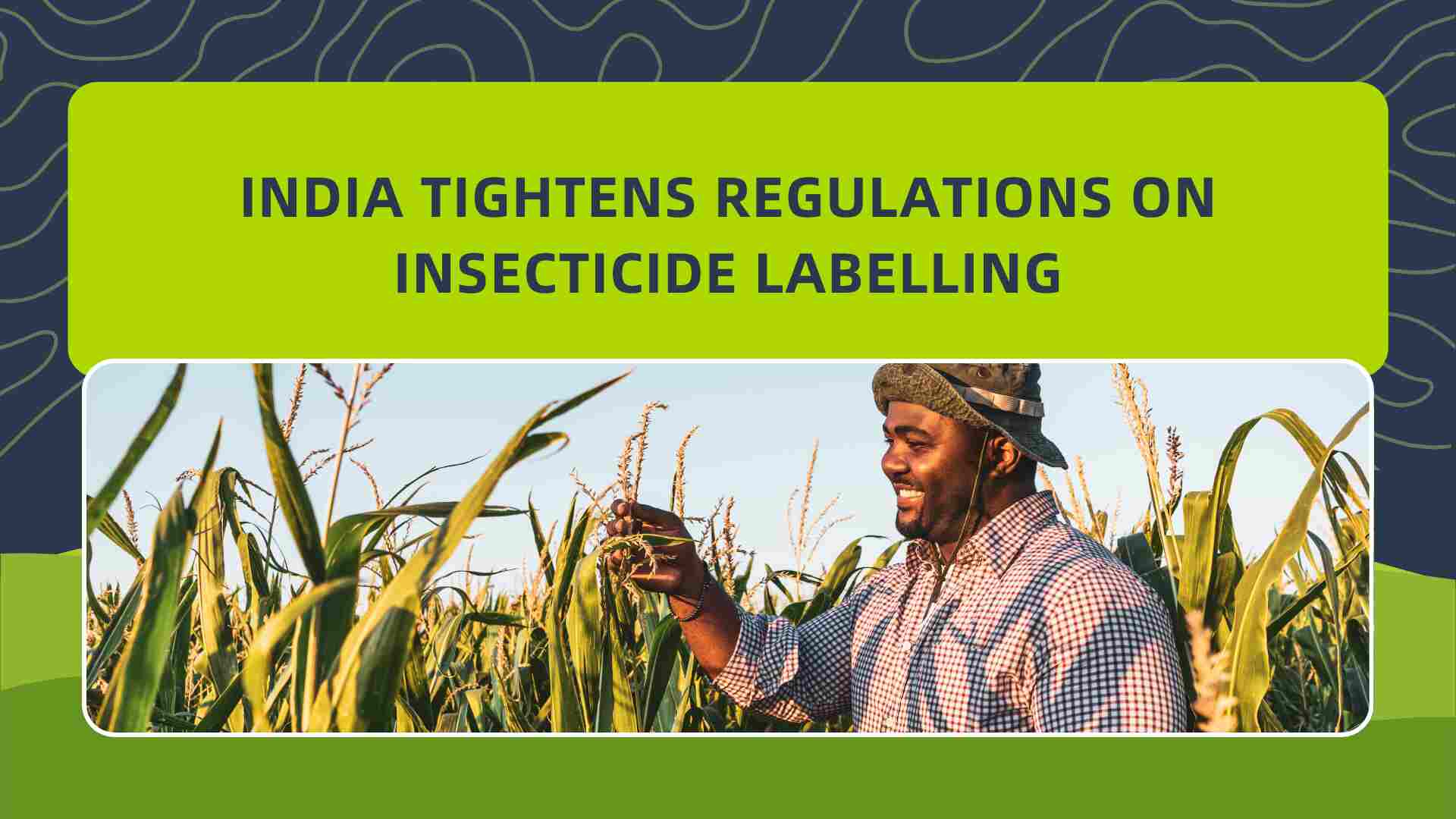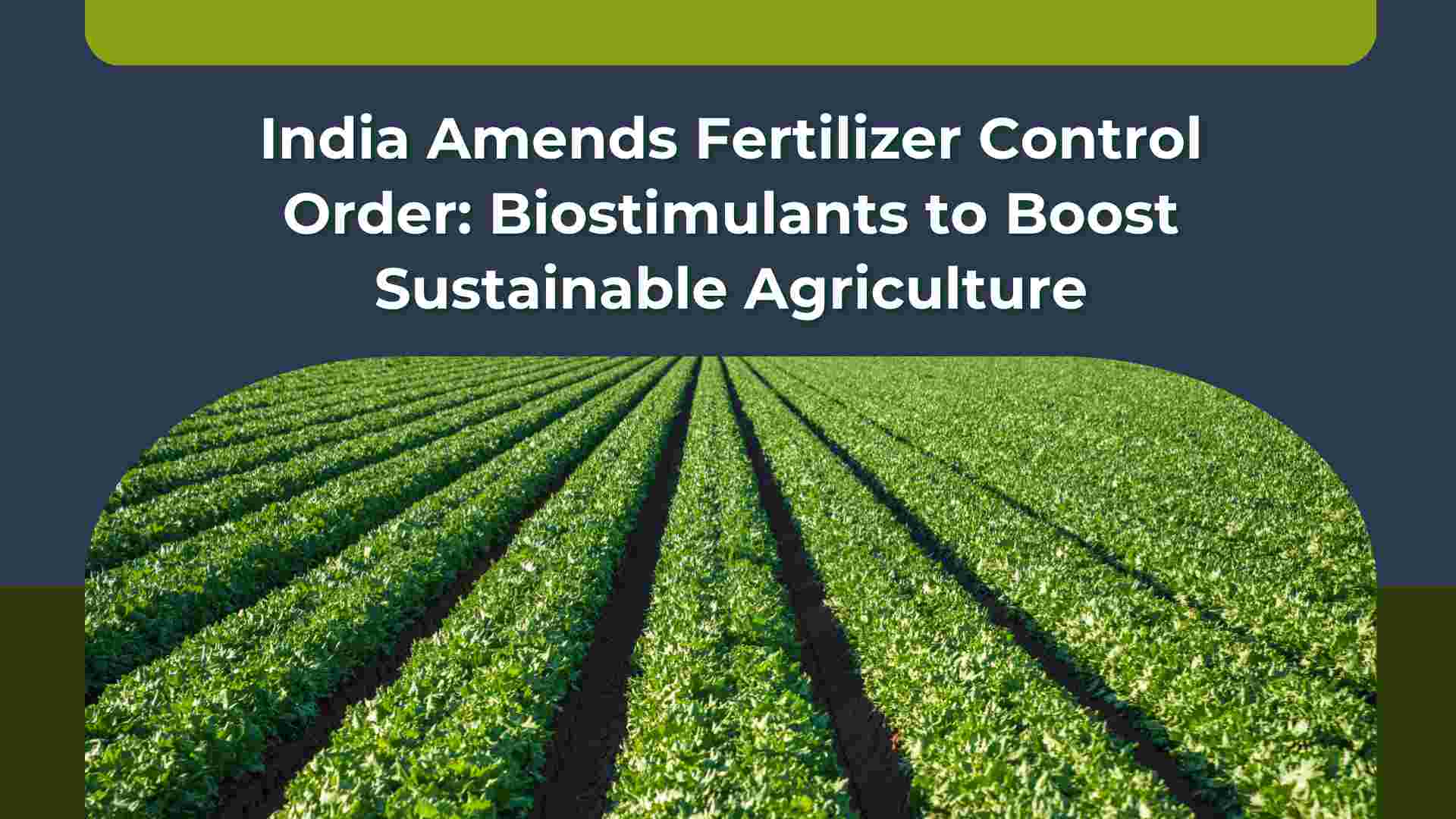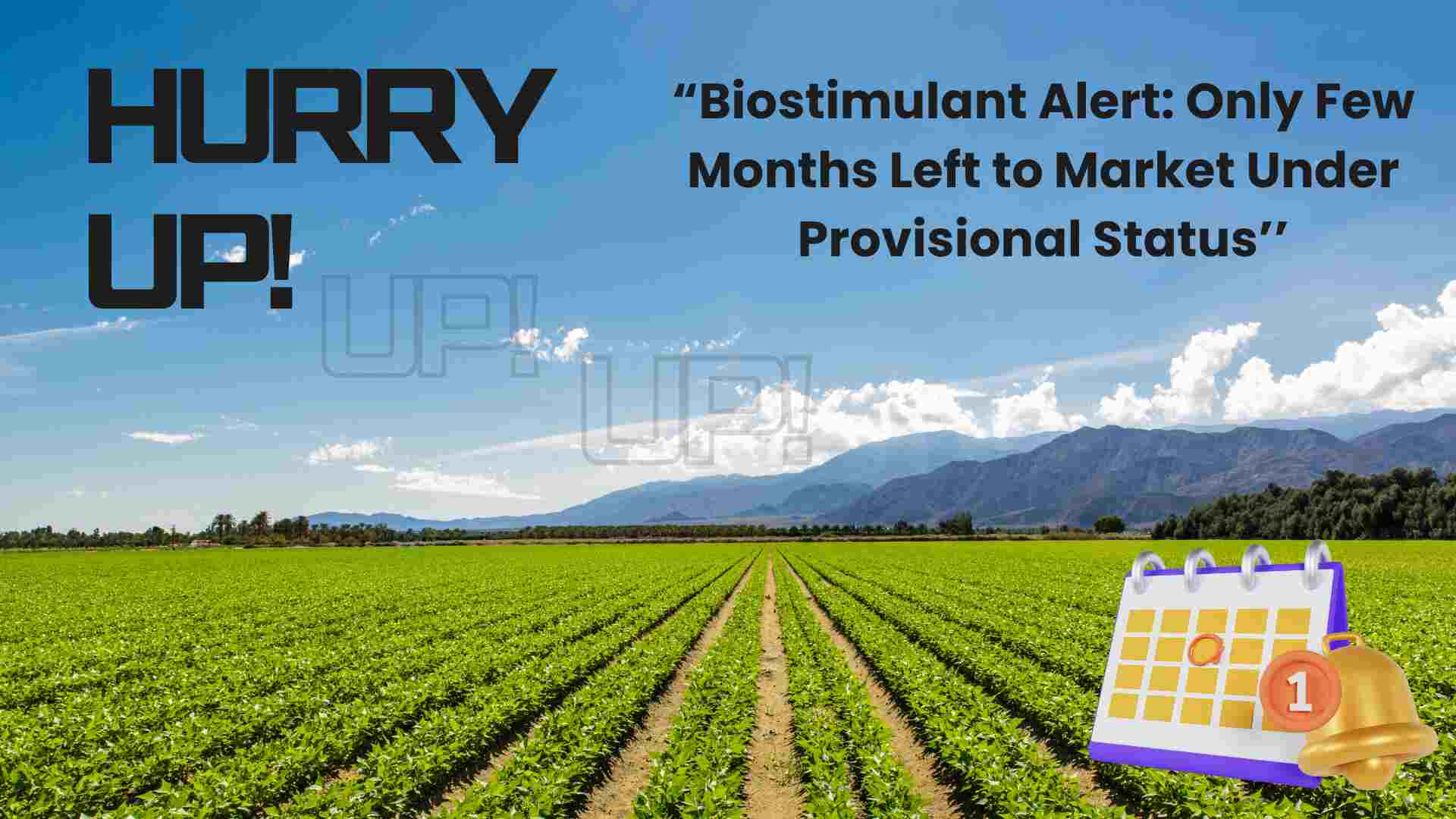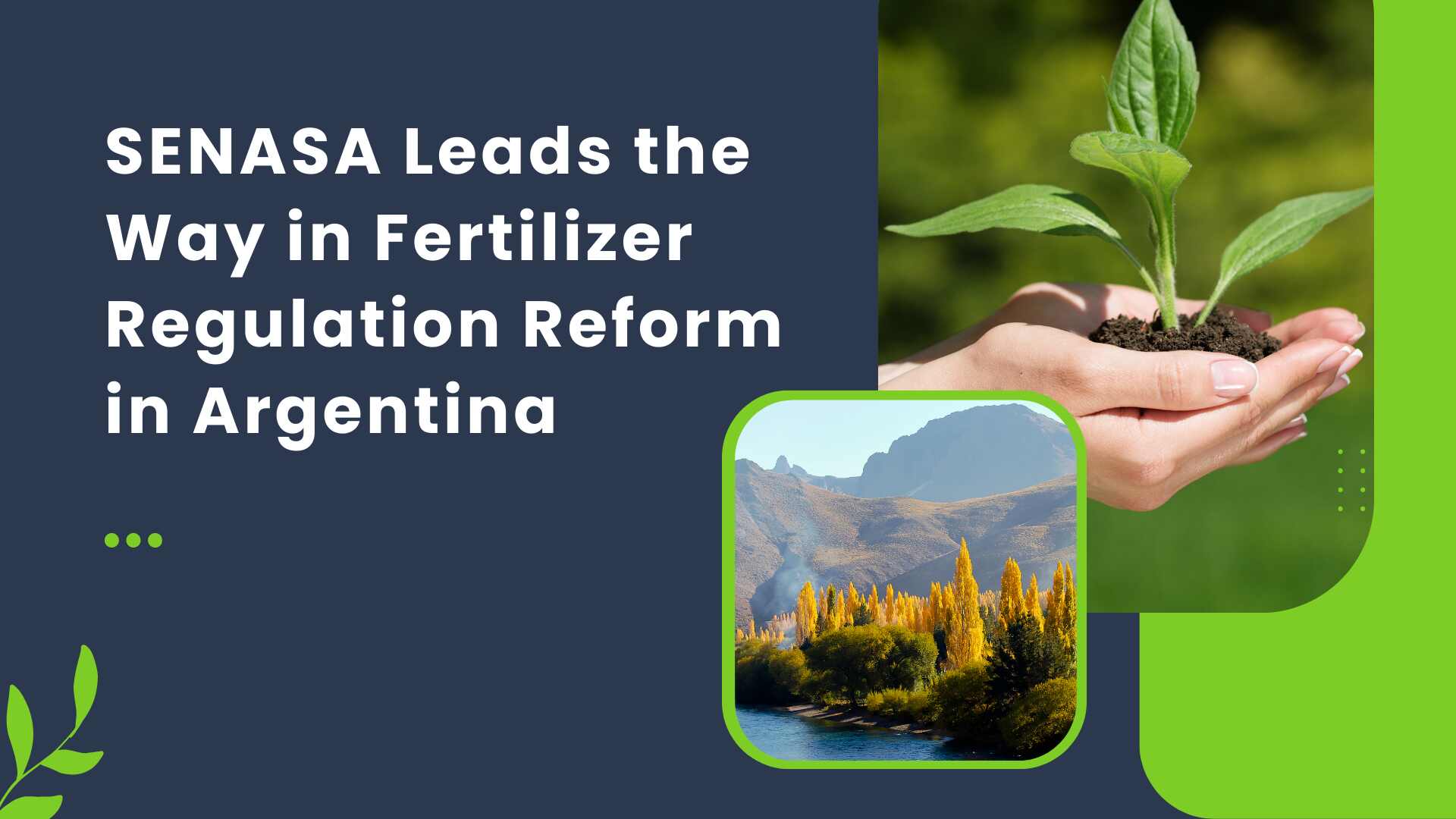The Australian Pesticides and Veterinary Medicines Authority (APVMA) has put forth a proposal to suspend the registration and labelling of chemical products containing dimethoate, primarily used as a post-harvest dip for fruit with inedible peel.
Reports received by the APVMA have indicated that the permissible limit of pesticide residue, known as the maximum residue limit (MRL), for dimethoate and its main degradation component, omethoate, has been surpassed in avocados and mangos. The information available suggests that this MRL exceedance is likely linked to the appropriate usage of dimethoate as directed for post-harvest dipping.
Although the detected residue levels are not believed to pose a significant threat to human health, the APVMA is proposing the suspension of these specific dimethoate products as a precautionary measure.
The APVMA affirms that all other sanctioned uses of dimethoate are considered safe.
What about products that have already been registered?
If the proposed suspension of dimethoate products is implemented, the APVMA will issue usage guidelines through a deemed permit, valid for a period of 12 months. These guidelines will permit the continued utilization of dimethoate, excluding its use as a post-harvest dip on tropical and sub-tropical fruits.
Furthermore, the APVMA is considering action on Permit 87164, currently held by Horticulture Innovation Australia Ltd. This action aims to eliminate the use of dimethoate as a flood spray for post-harvest assorted tropical and sub-tropical fruits with inedible peel (crop group 006). Nevertheless, the sanctioned usage of dimethoate on citrus fruits with inedible peel remains unaffected.
Timeframe allocation
All holders of dimethoate registrations and pertinent stakeholders have been allotted a two-week timeframe to furnish information demonstrating why these products should not be suspended. The general public is also encouraged to provide input regarding the proposed suspension. Feedback should be pertinent to the grounds for the proposed suspension and must be submitted to the APVMA by 29 August 2023.
While the consultation phase is ongoing, registered chemical products containing dimethoate can continue to be used, following the instructions on the approved labels.
The APVMA will thoroughly evaluate all submissions before reaching a final decision on the matter.

